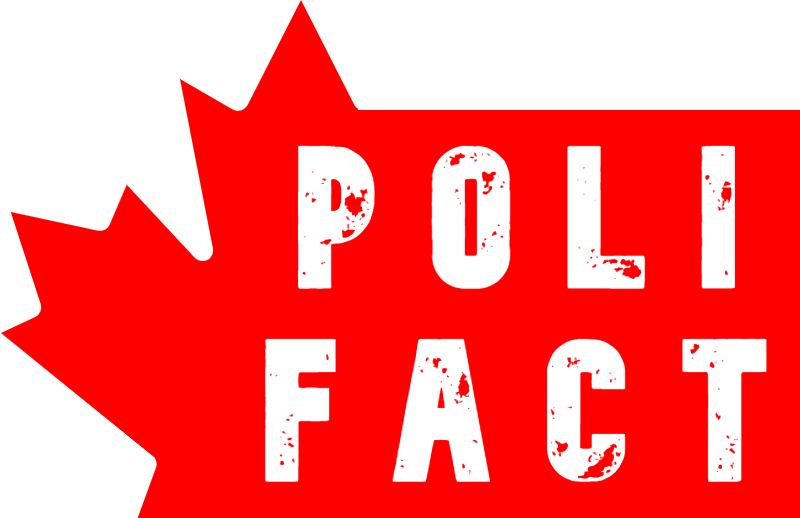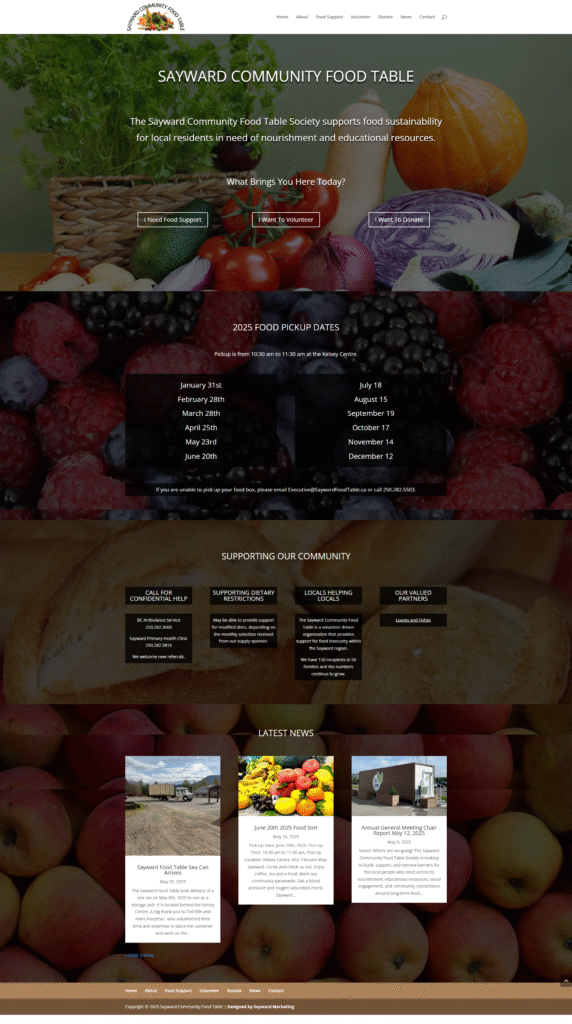
Why Every Small Business Needs a Website (Even If You’re Not Tech-Savvy)
In today’s digital-first world, a website is no longer a luxury — it’s a necessity. Whether you’re running a local bakery, a freelance service, or a boutique shop, having an online presence can make all the difference between being found and being forgotten.
And yet, many small business owners still operate without one, relying solely on word of mouth, social media, or foot traffic. If that sounds like you, here’s why it’s time to seriously consider building a website — even a simple one.
1. It Builds Credibility and Trust
Consumers expect businesses to have websites. In fact, research shows that most people won’t trust a business that doesn’t have one. A professional website instantly boosts your credibility and reassures potential customers that you’re legitimate, established, and serious about what you do.
Think of it this way: if someone hears about your business and Googles you but finds nothing — what message does that send?
2. It Keeps You Visible 24/7
Your physical location has business hours. Your website doesn’t.
A website allows customers to learn about your services, browse your products, and contact you any time — day or night. That’s particularly valuable in today’s fast-paced world where people often search for information outside of normal hours.
3. It Helps You Reach More Customers
Word of mouth is great — but it only goes so far. A website expands your reach beyond your local community. People can discover your business through search engines, social media links, and online directories. With even a basic SEO setup, you can attract new customers who are actively searching for what you offer.
4. It Showcases Your Brand and Personality
Your website is your space to tell your story. Unlike social media platforms, which limit how you present your brand, a website gives you full control. You can share your mission, values, team, services, testimonials, and anything else that sets you apart.
A great website not only informs — it connects.
5. It Drives Sales and Inquiries
Whether you sell products online, book appointments, or just want people to call you, your website can help convert interest into action. Add features like:
-
Contact forms
-
Online booking
-
E-commerce capabilities
-
Special offers or lead magnets
Even if you don’t sell directly online, a good website can move people closer to making a purchase or inquiry.
6. It Levels the Playing Field
The internet is the one place where small businesses can compete with big brands. A sleek, well-organized website can make your company look just as polished and professional as the big guys — without the massive budget.
Your Website Is an Investment, Not a Cost
A website isn’t just another expense — it’s one of the most valuable marketing tools you can have. It works for you 24/7, helps you reach more people, and builds long-term trust with your audience.
And the good news? You don’t need to be a tech expert to get started. Affordable website builders, freelancers, and digital agencies make it easier than ever for small business owners to create a site that looks great and performs even better.
Still waiting to launch your website? We’ve helped hundreds of businesses launch theirs. Your future customers are already searching — contact us to make sure they can find you.







